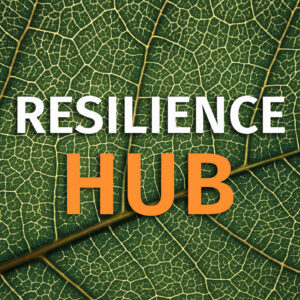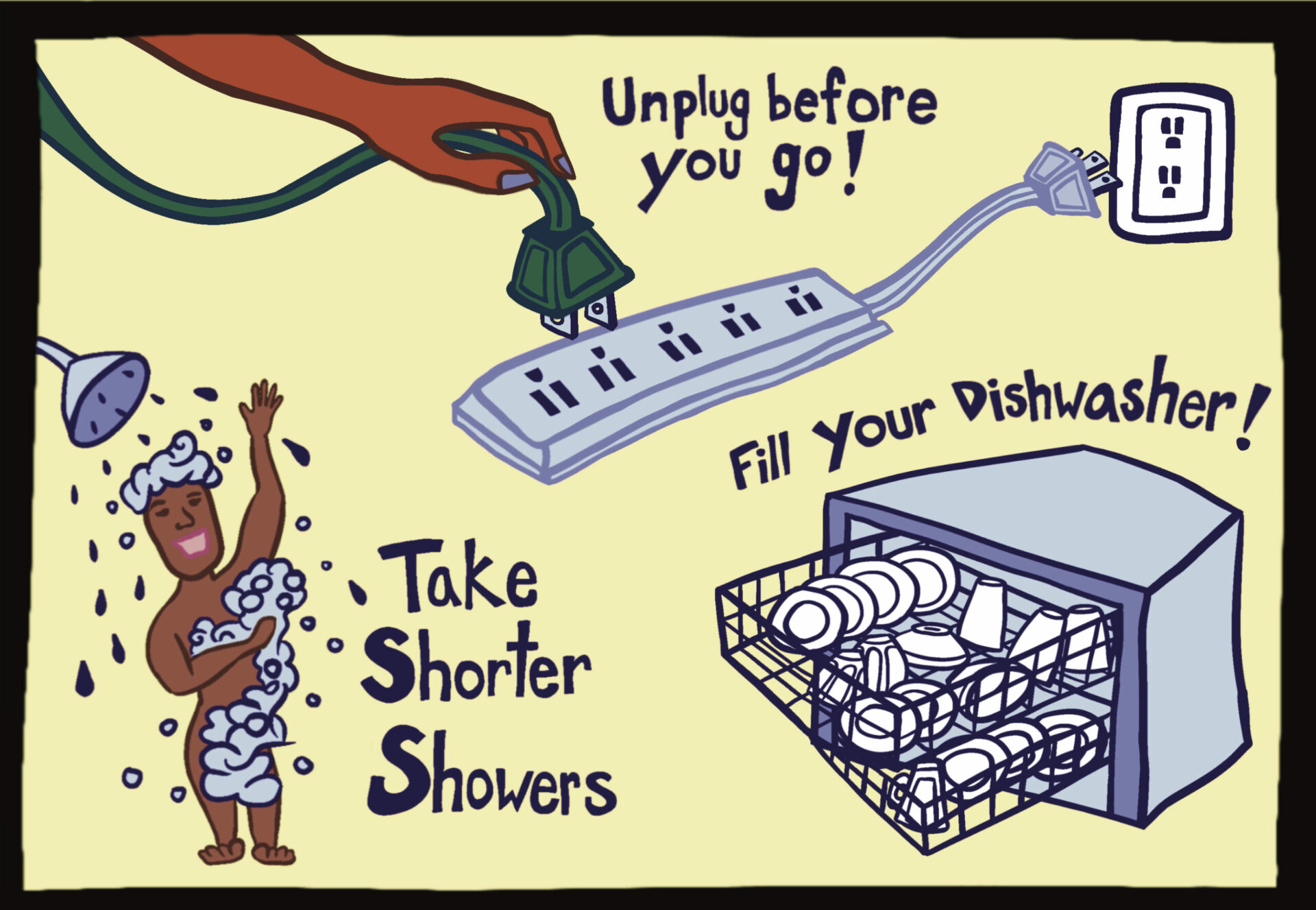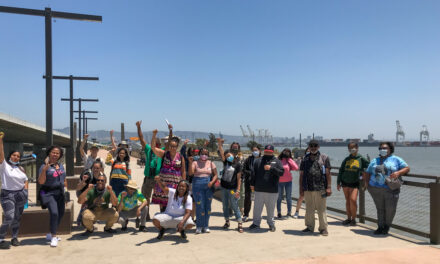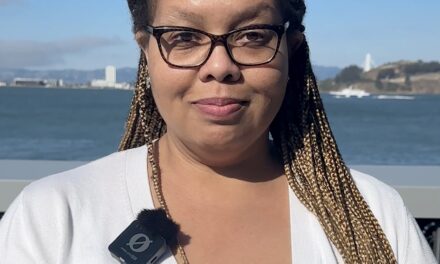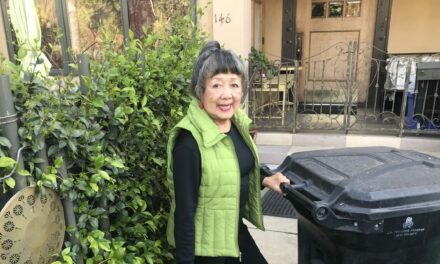Fitbit for Sustainability
A Contra Costa County program that uses technology to inspire residents to take energy-and-water-conserving actions has helped save roughly 32,000 gallons of gas and 1.5 million gallons of water, and averted 830 tons of CO2 emissions, since its 2019 launch.
The program has its origins in a 2012 community resilience challenge led by local nonprofit Sustainable Contra Costa. “We would ask people to make pledges about the projects or behavior changes they would make, but could only track commitments, not actions,” says Tina Neuhausel, president and co-founder of the 15-year-old organization.
In 2019, with a grant from the Bay Area Air Quality Management District, Sustainable Contra Costa launched the Cleaner Contra Costa Challenge in partnership with the Contra Costa Water District and six cities, including Walnut Creek, Pleasant Hill, Moraga, Antioch, Pittsburg, and Martinez. The new and improved challenge uses a web-based platform that allows users to commit to actions — ranging from “easy,” like taking shorter showers, to “challenging,” such as buying an electric vehicle — and track their progress. The platform also provides resources, such as information on rebates, to make following through on commitments easier.
“We can see our household progress, and that makes us feel good, but also we can see our collective progress as a community,” says Neuhausel. “Saving over a million gallons of water is very motivating.”
“People are worried about climate change and really want to help, but often don’t know where to start,” says Lisa Altieri, founder and president of Community Climate Solutions, which provides the platform. “Having a framework and easy steps for choosing and completing actions makes it simpler.”
Altieri’s company is now working with 40 cities and counties across the US on similar platforms. She says she has found that community is key to creating behavior change. “When people start talking together about the actions they are planning to take, they start sharing and encouraging each other,” Altieri says. “They are far more likely to complete actions when working together with others.”
The pandemic created obstacles for the community element of the challenge: early plans for outreach efforts were centered around schools, clubs, and churches, all of which shut down in March 2020. Nevertheless, by the end of 2021, the Challenge had achieved more than 80% of its goals. This year, Sustainable Contra Costa aims to add two more partner cities to the challenge and reach a cumulative CO2 savings of 1,200 tons by July.
Other Recent Posts
Reforming Rules to Speed Adaptation
Bay Conservation and Development Commission to vote early this year on amendments designed to expedite approval of climate projects.
Warner Chabot Shifts Gears
After 11 years at the helm of the Bay Area’s leading science institute, its leader moves back into the zone of policy influence.
Is Brooklyn Basin Emblematic of Regional Development Vision?
The 64-acre waterfront development adds thousands of new housing units to one of the world’s most expensive places, but questions remain about its future.
Coordinate or Fall Short: The New Normal
Public officials and nonprofits say teaming up and pooling resources are vital strategies for success in a climate-changed world.
Pleasant Hill Gets Sustainable Street Improvements
An intersection redesign with safer bike lanes earned a national Complete Streets award, while sparking mixed reactions from drivers.
Six Months on the Community Reporting Beat
The magazine worked with four journalists in training from community colleges, and began building a stronger network in under covered communities.
Rio Vista Residents Talk Health and Air Quality
A Sustainable Solano community meeting dug into how gas wells, traffic, and other pollution sources affect local air and public health.
New Year Immerses Concord Residents in Flood Preparations
In Concord, winter rains and flood risks are pushed residents to prepare with sandbags, shifted commutes, and creek monitoring.
What You Need to Know About Artificial Turf
As the World Cup comes to the Bay Area, artificial turf is facing renewed scrutiny. Is it safe for players and the environment?
Threatened by Trump’s Policies, GreenLatinos Refuses to Back Down
National nonprofit GreenLatinos is advancing environmental equity and climate action amid immigration enforcement and policy rollbacks.



